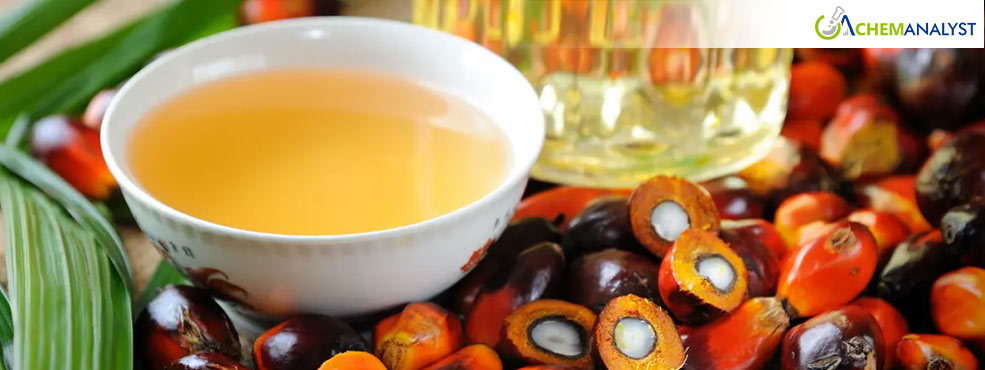Welcome To ChemAnalyst

Indonesia is moving forward with a bold vision to boost its palm oil production significantly in the coming years, driven by its ambitious plans to expand the use of biodiesel in its energy mix. At the Indonesia Palm Oil Conference, Airlangga Hartarto, Indonesia’s Coordinating Minister for Economic Affairs, expressed optimism that the country's palm oil output could be scaled up to meet growing energy demands as the government prepares to implement a higher biodiesel mandate. Under the new policy, Indonesia will raise the mandatory biodiesel blend from 35% (B35) to 40% (B40) by 2025. This is part of an ongoing effort to reduce the nation’s dependence on imported fossil fuels, improve energy security, and support the palm oil sector, which remains a vital pillar of the country's economy.
The implementation of the B40 biodiesel mandate is set to increase domestic consumption of palm oil-based fuels significantly. Projections indicate that palm oil used for energy could surge to 13.9 million metric tons by 2025, up from the 11 million tons needed for the B35 mandate this year. This expansion of the biodiesel mandate is crucial not only for energy sustainability but also for supporting Indonesia’s position as the world’s largest exporter of palm oil. By increasing the domestic consumption of palm oil for biodiesel, the government aims to support higher prices in the global palm oil market, which has been experiencing pressure due to reduced output and tightening export conditions.
The Indonesian government’s strategy is clear: reduce reliance on foreign fossil fuels while fostering a more sustainable energy future through homegrown biofuels. This policy is expected to have a positive impact on palm oil prices, benefiting both local producers and the broader economy. In particular, the expansion of biodiesel production using palm oil is seen as a way to enhance Indonesia’s energy independence, drive economic growth, and create jobs within the domestic palm oil industry.
However, meeting this growing demand for palm oil-based biodiesel poses a challenge, given the stagnation in palm oil production in recent years, primarily due to aging oil palm trees and declining yields. To address this challenge, the government is putting forward a multifaceted approach, which includes improving agricultural practices and accelerating the palm oil replanting program to rejuvenate aging plantations. These efforts are essential not only to support biodiesel production but also to maintain the balance between palm oil use for energy and its other crucial applications, including food and export markets.
One of the key components of this strategy is the replanting program, which has been a crucial but underperforming initiative in recent years. Since its inception, the program has been slow to meet its goals, with the target being the replanting of 180,000 hectares annually. However, as of 2023, only 360,000 hectares have been replanted since the program's start in 2017, falling short of the necessary progress. Without a significant acceleration in replanting efforts, Indonesia’s crude palm oil (CPO) output could fall to 44 million metric tons by 2045, a marked decline from the current output of approximately 50 million metric tons. This decline could potentially disrupt the nation's ability to meet growing domestic biodiesel demand as well as international palm oil commitments.
In addition to these biofuel mandates, Indonesia's palm oil industry is also under scrutiny for its environmental impact, particularly concerning deforestation and land use practices. To address these concerns and secure its social license to operate, the government has been working with industry stakeholders to improve sustainability standards. This includes increasing transparency in palm oil production and promoting more responsible land management practices, ensuring that the expansion of the palm oil sector does not come at the expense of the environment.
Overall, Indonesia’s strategy to boost palm oil production for biodiesel is a pivotal move in the country’s efforts to build a sustainable energy future. While challenges remain, particularly in terms of revitalizing plantations and managing environmental concerns, the government is committed to pushing forward with its plans to integrate palm oil more deeply into the energy mix, contributing to both energy security and economic growth. As Indonesia prepares to meet the ambitious B40 and B50 biodiesel mandates in the coming years, the palm oil industry will play a central role in achieving the nation's broader sustainability and self-sufficiency goals.
We use cookies to deliver the best possible experience on our website. To learn more, visit our Privacy Policy. By continuing to use this site or by closing this box, you consent to our use of cookies. More info.
